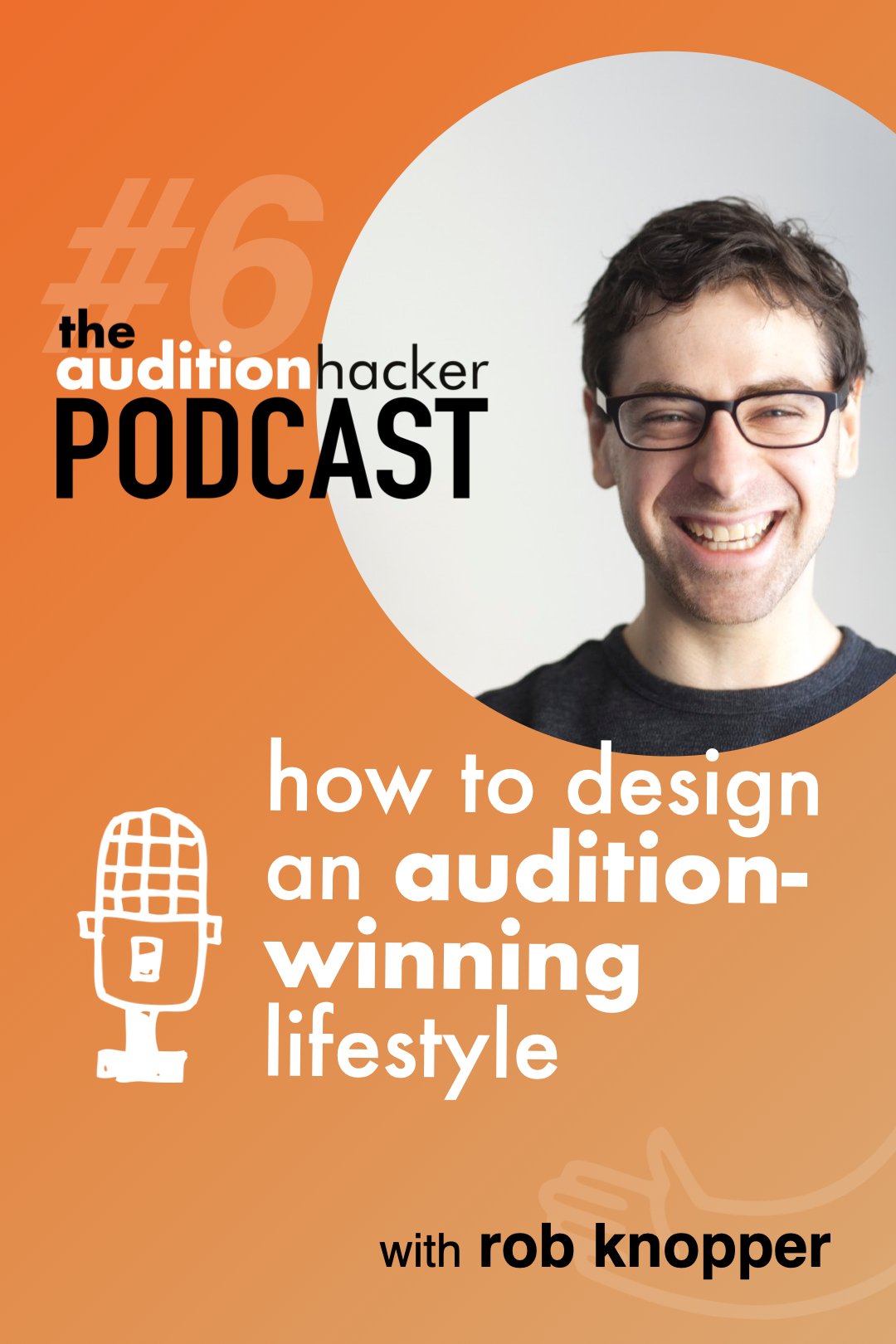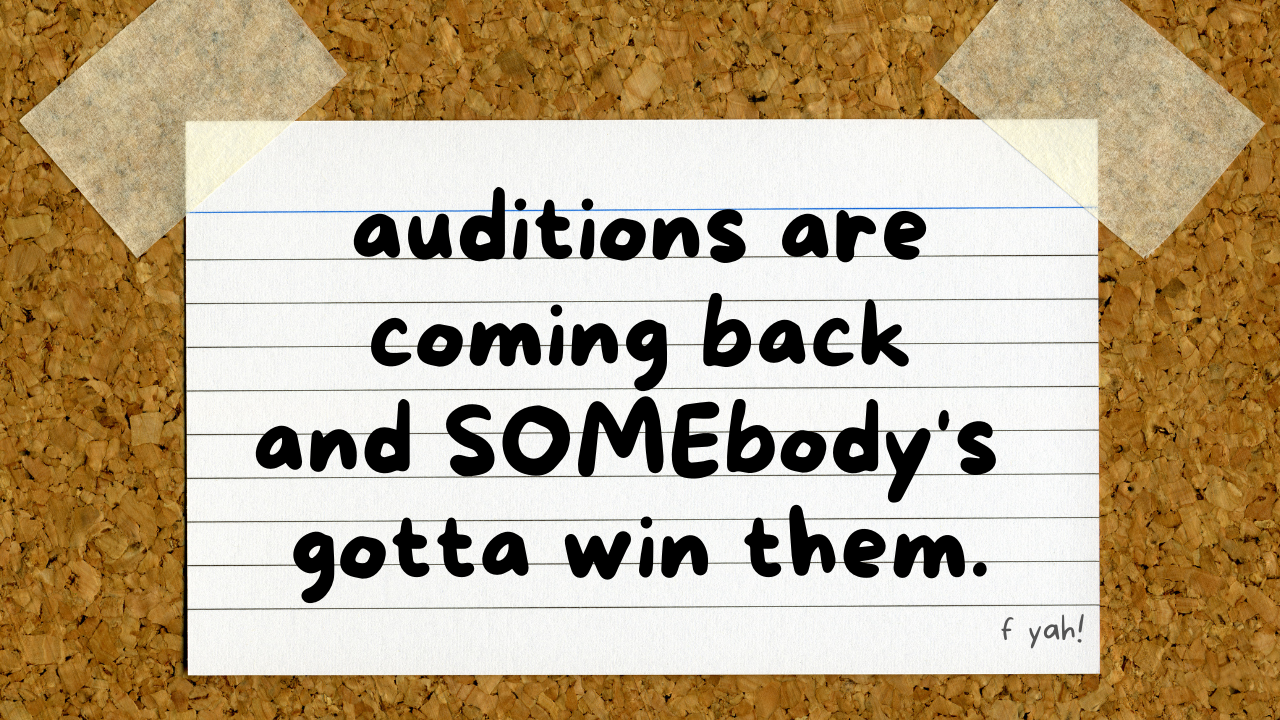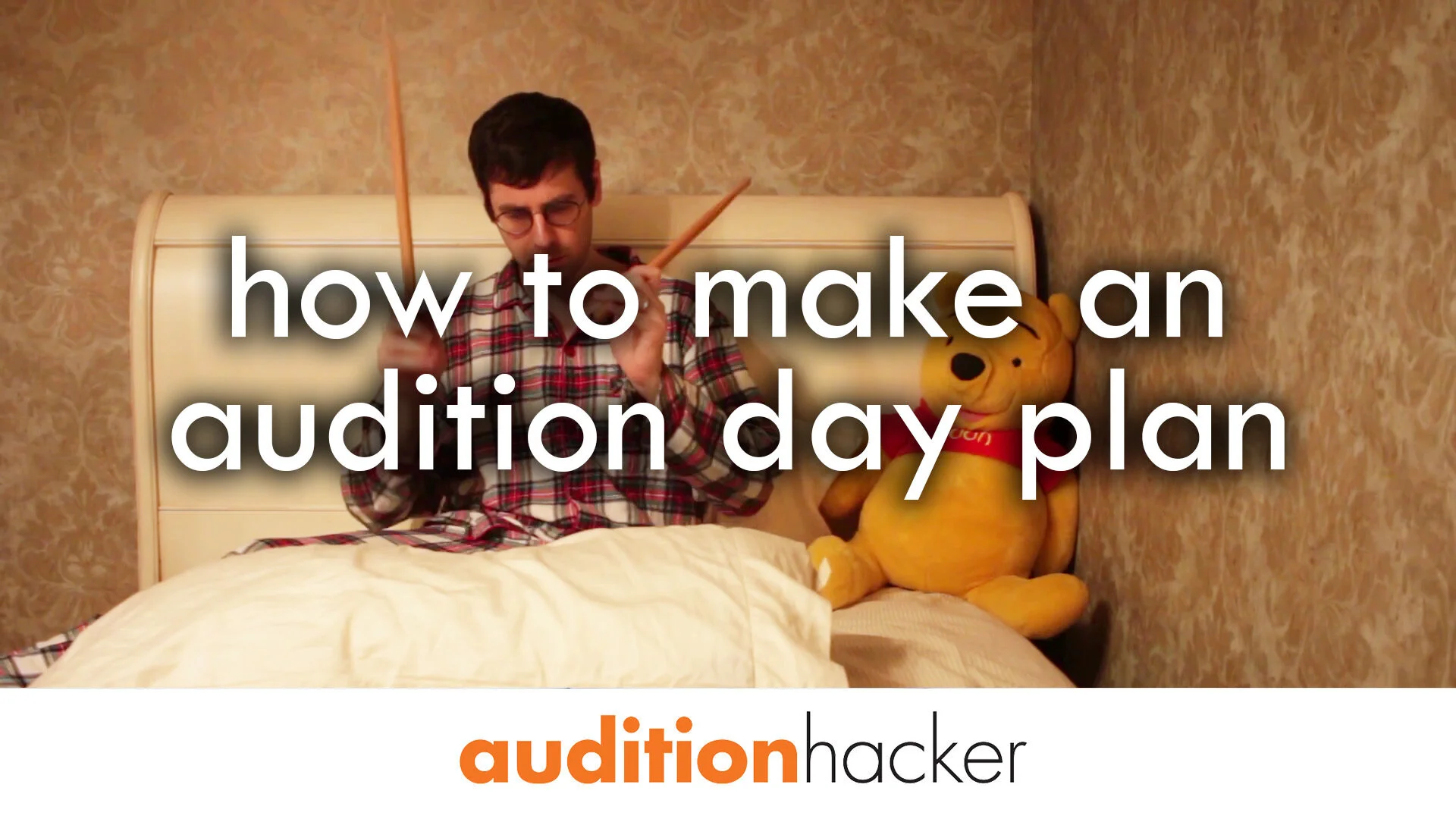lessons: the cornerstone of your musical education. they’re the most important hour of your entire week. the people you took lessons with are on the first page of your freaking resume and at the end your bio, even if you already play with a top-5 orchestra!
your entire college decision should be largely based on who you’re going to study with, people. i can’t stress this enough. (how exactly should you choose a college? that’s a topic for another time.)
ok, so you’ve arrived, you’re in school, and you’re taking these great lessons from your teacher. they’re expensive and so valuable that every minute is like pure gold. how do you get the most out of each and every minute of every lesson?
lesson fomo
in high school i used to record my lessons on a mini-disc player. that device failed a lot. wow, i’m so glad that those aren’t around anymore. after my lesson, i would listen back and suddenly recall so many things that my teacher had taught me. i’d write down lists of ideas on different techniques, musical suggestions, advice on gear and orchestra and life.
but sometimes i’d get to a section of the lesson where the audio would cut out, either because the audio quality was unlistenable, the tape ran out, or the battery ran out. it was as though i had lost a precious moment of my life. it was like i went into a coma and lost 6 months that i couldn’t get back. i knew there were so many gems of information within that time period that it was a travesty if i couldn’t get it back.
it’s not that i wasn’t listening during the lesson, it’s just that lessons are chaotic and it’s difficult to absorb every possible piece of information. it’s the worst kind of information-loss i’ve experienced, besides the time my computer crashed and lost all my diablo ii characters.
looking for an audition breakthrough?
here's my 5-step guide to constructing your preparation process and optimizing it for maximum results for any instrument.
the '3-listens' rule of thumb
if you’re going to pay to take lessons, practice hard, and have a life in music, the information you receive during your lessons is more valuable than a single listen. if you record your lesson and listen back to the recording, that’s a second listen, so you’re experiencing the lesson for a second time. in fact, i take it one step further and make sure to experience my lessons 3 times. here’s how:
1. record the lesson
if you’re recording your lesson, you don’t have to worry about writing everything down during the lesson. writing something down takes time, which takes minutes away from the true purpose of the lesson: to extract every bit of information out of your teacher that you possibly can. take your lesson, be in the moment, and trust that you will be going through all the bits of information that your teacher is talking about later. this is the “first listen."
2. listen back to the recording
after you’re done taking the lesson, but before you start working on your music, you should make sure to listen back to the lesson and take extensive notes. this is the “second listen.” if you want to, make an exact transcript of the lesson. you can just start writing stream-of-consciousness. don’t worry about editing the teacher’s comments into easy-to-digest items just yet - you’ll do that next.
you should do this before you even start working on the repertoire so that you will be most likely to consider and apply all the advice your teacher is offering. the new version that you’ll play for your teacher next week should include all of the improvements that he or she recommended, so you don’t have to waste time and revisit any topics. you don’t want your teacher to feel redundant.
my notes from a lesson on april 7th, 2009, on the xylophone excerpt from messiaen's exotic birds. notice that it's organized by general comments at the top, then by specific measure and line below. notice also that this was in the pre-lowercase era of my writing life.
3. edit the notes and organize
after you’re done listening, the advice that your teacher gave you is still not quite usable in the practice room. what you want to do next is go through the advice and organize it by piece and by topic. that way you can easily address anything and everything your teacher mentioned while you’re practicing.
go through each bit of advice and organize it into different pages of a word document, by piece or excerpt.
for each piece or excerpt, an item is either a general item or a measure-specific item. group together the general items at the top, and organize the measure-specific items in order underneath, titled by the measure number.
if there are many items having to do with a certain topic in the “general” section, group those together.
print out the pages (or put them on your ipad.)
4. practice with your lesson notes close by.
now that you’re completely organized and ready to practice, take out the music that you’re working on, and put the list of comments right next to it. that way, every measure you work on can be informed by the information from your teacher. as you play each measure, you can cycle through all the relevant comments, general or measure-specific, and integrate and apply each one to your playing. this is the “third-listen."
one more method
ok, that was super nerdy, but you should absolutely try it. it will turbo-charge your learning curve. also, i listed one more method to get more out of my lesson in the comment section below. check it out and add your own!
looking for an audition breakthrough?
here's my 5-step guide to constructing your preparation process and optimizing it for maximum results for any instrument.















in 2019, a cellist named maria reached out to me about her audition struggles. on paper, she was the “worst audition candidate ever” (her words). she had 2 small children, a full-time teaching job, and hadn’t taken an audition in 4 years.